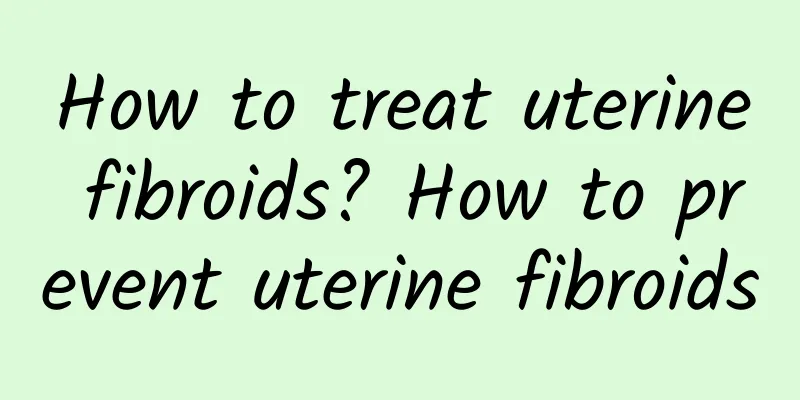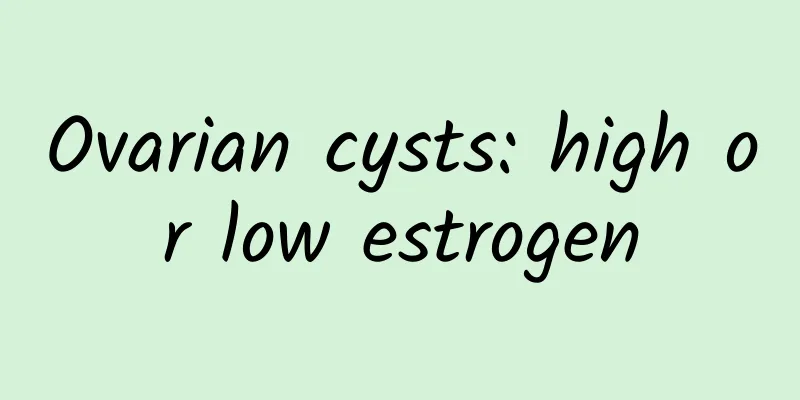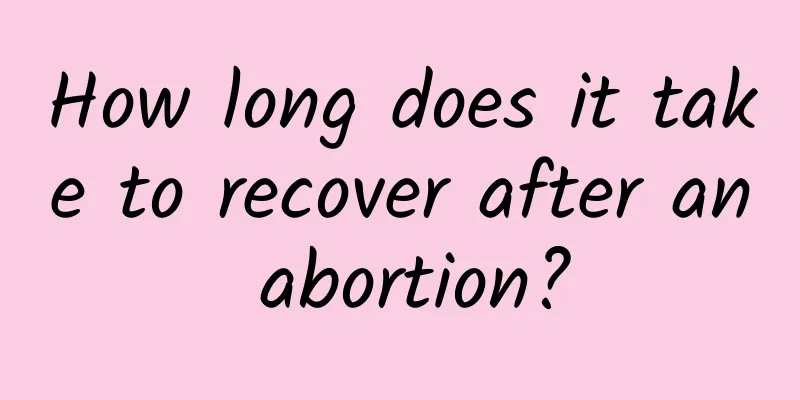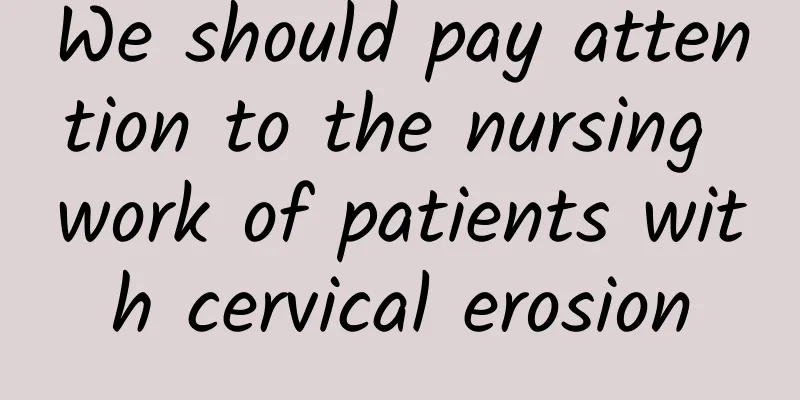How to treat uterine fibroids? How to prevent uterine fibroids

|
Q: How are uterine fibroids treated? Expert answer: Uterine fibroids are benign tumors formed by the proliferation of uterine smooth muscle tissue. Common manifestations include uterine bleeding, pain, abdominal mass, compression symptoms of adjacent organs, increased leucorrhea, anemia, heart dysfunction, etc. Some patients have no symptoms and often find uterine fibroids during gynecological examinations. Uterine fibroids are the most common benign gynecological tumors, and are more common in 30-50 years old. According to the different locations of uterine fibroids, they can be divided into intramural, subserosal, submucosal and intra-broad ligament fibroids. treat: If the fibroids are small, asymptomatic, without complications and degeneration, generally no treatment is needed. Especially for people approaching menopause, due to the low estrogen level after menopause, the fibroids will naturally shrink or disappear, and only regular (3-6 months) review is required. If the fibroids are found to be enlarged or the symptoms are obvious, further treatment should be considered. Surgical treatment: (i) Hysterectomy is suitable for hysterectomy of uterine size >3 months of pregnancy, although the fibroids are not large, but the symptoms are obvious, or the growth of fibroids cannot rule out malignancy; (ii) Myoma removal: Suitable for patients under 35 years old, unmarried or childless; Drug treatment: used for patients with small fibroids, unclear symptoms, near menopause or whose systemic conditions cannot tolerate surgery. (a) Methyltestosterone, testosterone propionate. (ii) Progesterone. ① Norethindrone, for patients who want to have children; ② Choose medroxyprogesterone, megestrol acetate, norethindrone, etc.; ③ Luteinizing hormone-releasing hormone analogs. prevention: Patients with uterine fibroids should have regular checkups, such as ultrasound or gynecological examinations every 3 to 6 months. If older women experience rapid growth of fibroids in a short period of time or vaginal bleeding after menopause, they should be alert to sarcoma degeneration. People with heavy menstruation should actively correct anemia and prevent anemic heart disease and myocardial degeneration. |
<<: How to treat uterine fibroids better? Surgical treatment of uterine fibroids
>>: How to treat uterine fibroids during pregnancy? Treatment of uterine fibroids in early pregnancy
Recommend
Will eating cut-edge toast for breakfast make you lose weight? Does raw toast make you fat? Are whole wheat the healthiest? A comparison of the calories of 5 types of toast
During the epidemic, when ordering breakfast deli...
Is endometriosis infertility easy to treat?
Endometriosis is a disease that troubles many wom...
Causes of hyperprolactinemia
What is the cause of hyperprolactinemia? It is ne...
Survey: More than 40% of people exercise less than 3 times a week
The survey found that more than 40% of people in ...
What are the symptoms of multiple uterine fibroids? Can the uterus be preserved if multiple uterine fibroids are present?
Can the uterus be preserved in patients with mult...
Nuts increase satiety and help lose weight! Nutritionist Xu Yuzhen reveals: 4 unexpected benefits of nuts, eat them without getting fat
People who are losing weight will eat nuts as sna...
Provide good care after abortion to protect women's reproductive health
Post-Abortion Care, or PAC for short, is a standa...
What causes dysmenorrhea in girls?
What causes dysmenorrhea in girls? Many women hav...
Expert introduction: Dysmenorrhea can be classified according to the degree of dysmenorrhea
Generally speaking, if we classify dysmenorrhea, ...
What is missed abortion? Let's take a look at it below
Missed abortion, also known as missed abortion or...
Clinical examination of endometrial tuberculosis
Endometrial tuberculosis is already a very common...
What foods should be avoided during the treatment of vulvar leukoplakia?
Since the cause of vulvar leukoplakia is not very...
Good methods must be used to care for patients with vulvar leukoplakia
At present, there are more and more patients with...
Which symptoms of ectopic pregnancy are more important?
If female friends often find themselves in abdomi...
Western medicine treatment of bleeding after abortion
Vaginal bleeding after artificial abortion lasts ...









